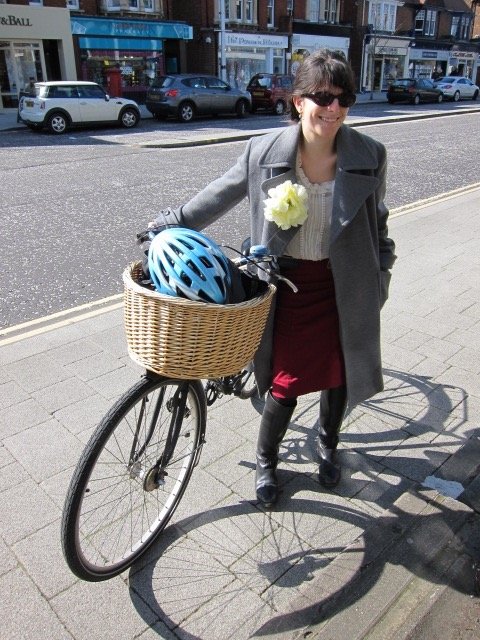The Good-bye Part
I make no apologies for it: when I am flying someplace, I go to the airport ridiculously early. I can’t help it. In my mind, the entire day is about the flight anyway, even if it is in the afternoon, as this one was. I just can’t relax when everything seems pending, can’t enjoy those last hours that become, it seems to me, just a prolonged good-bye, a sad song about leaving. I have been mercilessly mocked for this habit, and I know it makes me seem un-cool and neurotic (adjectives which, come to think of it, are not far off the mark) butI don’t care. I would rather be at the airport, all checked in and past security, reading a book among strangers, comfortably numb.
I have never been good at the good-bye part of visits. I have said good-bye to too many people in my life, not knowing when I would see them again, and sometimes it turned out to be never. This has made me crisp and efficient about exits, contrary to my Italian heritage and my effusively affectionate tendencies. A few words and a brisk hug and I turn away and head for the limbo zone where nothing feels real. It’s like pulling the band-aid off quickly, and it’s better this way, especially when a vast distance is about to unroll between someone I love dearly and me.
This time, in fact, I began to check out mentally the day before my departure. Miranda went to work and I stayed in the house, completely packed by noon, then walked into Oxford City Centre to meet Jill and her father for tea at the Vaults andGarden of St. Mary’s on the High Street.
We sit at a table in the churchyard among graves and flowers and young girls laughing on the grass. Miranda and her boyfriend join us, and there are big white clouds floating above the old stone buildings, and Mr. Harbor is in a summer shirt eating a piece of chocolate cake, but my heart is heavy. I remember little about the rest of the day, but in the evening, Miranda and I go to an Italian restaurant where a waiter from Argentina tells us he is homesick for Los Angeles, and after we get home, Joseph comes over to hunt for a bow-tie, and none of this makes any sense at all, but it doesn’t matter because I am already practically gone.
No need to have set an alarm. I am awake with the first light of morning, checking my email, which, bizarrely, includes a message from my brother about a strange Google discovery: the house we grew up in burned down in 2008. Someone has even posted images: firefighters on the roof, flames shooting out from the window of my former bedroom, a familiar chimney, a beloved old tree. Why does it affect me so profoundly?We have been long gone from this place, but I see now that my heart was never emptied of it.
And so in the still-white morning of my leaving, I take leave, unequivocally, of apart of my past. The house of broken dreams is there no longer. The metaphors and superstition come too easily; there is a strange inevitability about it and it should not matter at all but it evokes a sense of vulnerability and sadness. As with every loss and every good-bye I am reminded of our own evanescence.
We are light.
Then Miranda emerges from her room upstairs ready to escort me to the bus stop. She wears a print dress and a green cardigan and wheels her bicycle beside me as I pull my wheeled suitcase and we stand together in front of the Thai restaurant on St.Clements, and I mutter a bit and give her my leftover British pounds sterling, relieved when the bus appears. The driver, who has witnessed many good-byes, tells me to run back for another hug, and I oblige, and off we go.
There is this: someone else I love is waiting for me at the airport in L.A. And the next day, when I awake, uncertain for a moment where I am, I see the hills already bleached by summer but soft with morning haze, and the peaceable cattle, and a welcoming sky.
